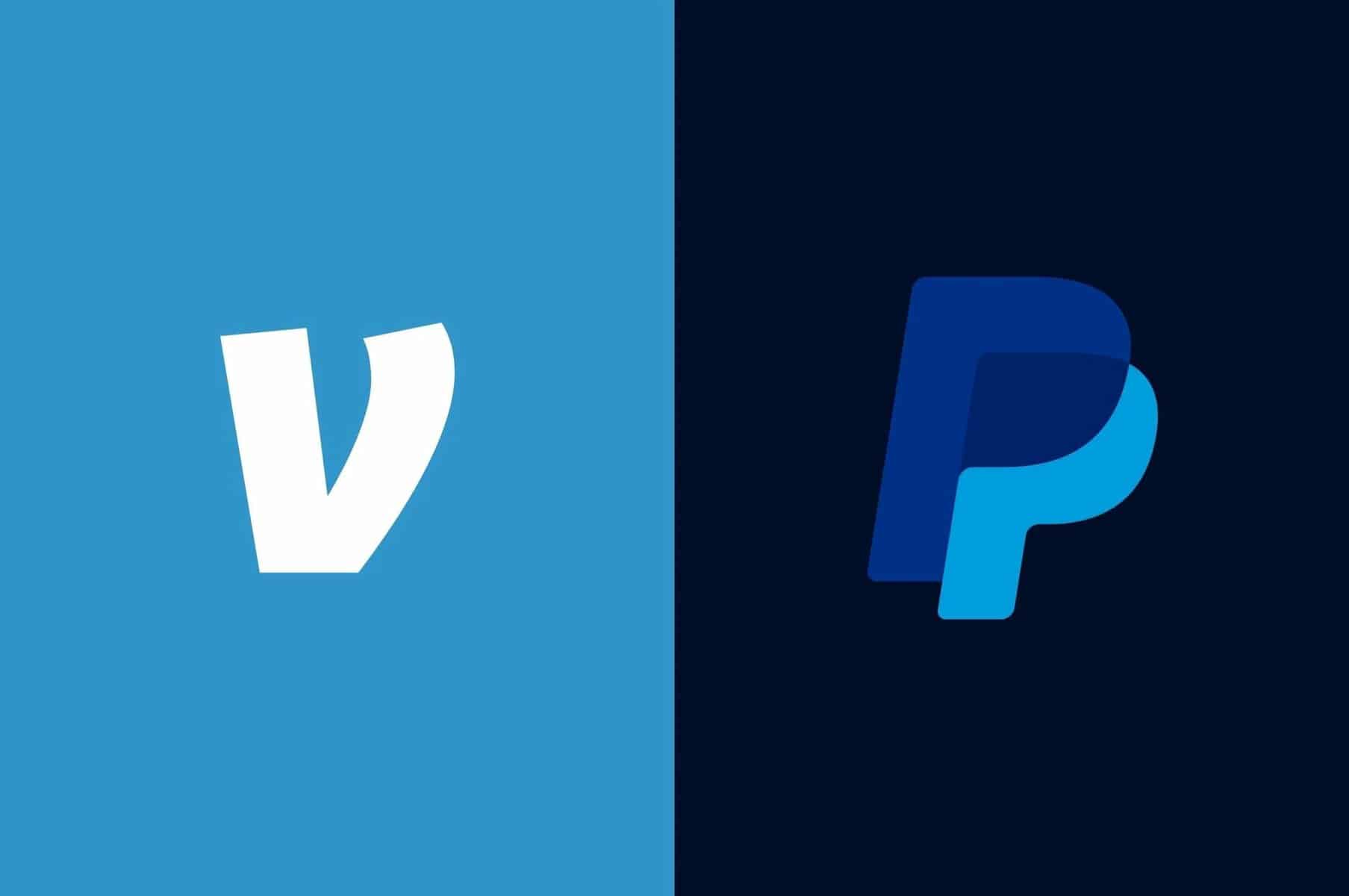Why You Should Never Use Venmo or Paypal to Accept Rent
- January 12, 2023
- manoj
- Category: LANDLORD TIPS

Many landlords and tenants may turn to popular apps like Venmo or PayPal when accepting rent payments as a convenient option.
However, some important factors must be considered before relying solely on either platform. It’s important to understand the risks of using Venmo or PayPal to accept rent payments so you can make a rational decision when deciding how best to collect rental income.
Find out in this article why it is wise to never use Venmo or PayPal to accept rent if you want to streamline your rent collection process!
What are Venmo and PayPal?
Venmo and PayPal are digital payment platforms allowing users to transfer money electronically.
Venmo is a mobile app that focuses on person-to-person (P2P) transactions, making it easy for users to split bills or pay back loans from friends.
PayPal is a more versatile platform that allows people to send and receive payments, make online purchases, and pay bills. It’s also widely used for business transactions, allowing for various forms of payments such as credit cards, bank accounts, and other forms.
Venmo and PayPal offer secure and convenient ways of transfering money, but with different features and usage scenarios.
Why you shouldn’t use Venmo or PayPal as a landlord
Using Venmo and PayPal to accept rent payments may seem easy and convenient, but it can be risky for landlords. Find out why you should never use these services to collect rental income for the risks associated with them.
Transactions on these platforms are not protected by law.
One of the major issues with using Venmo or PayPal to accept rent is that the same laws and regulations as traditional banking systems do not protect transactions on these platforms. Venmo and PayPal are considered peer-to-peer payment platforms, which means that the same government agencies do not regulate them as banks. This lack of legal protection can make it difficult to resolve disputes or fraud cases that may arise.
The potential for fraud or disputes
Another significant risk of using Venmo or PayPal to accept rent is the potential for fraud or disputes. Unlike traditional rent payments, no physical check or money order can be traced back to a tenant, making it easy for someone to claim they never made a payment.
Lack of transaction records and lack of accountability
Because these platforms are not specifically designed for rent payments, keeping accurate records of transactions can be challenging, making it harder to hold tenants accountable for late or missing payments.
This means landlords may not have an accurate record of tenant payments and who is responsible for any late or missing payments. Moreover, because the same government agencies do not regulate these services as traditional banking systems, landlords may not have access to the same legal protection regarding fraud or disputes.
The risk of funds being frozen or delayed
Another reason why you shouldn’t use Venmo or PayPal as a landlord is that funds can be frozen or delayed by the company or bank. This could be due to account verification or security checks, but whatever the reason, it can create issues for the landlord to keep the property running. This delay in funds can create problems for the landlord to pay bills, even mortgages, or any other obligation they have.
What are the Alternative Rent Payment Methods?
If Venmo and PayPal are unreliable methods of collecting rent, what other options do we have? Well, here are some of the alternatives to Venmo and PayPal.
A dedicated rent payment platform
One alternative is to use a dedicated rent payment platform specifically designed for landlords and tenants. These platforms often offer legal protection and accurate record-keeping features, which can help to mitigate the risks associated with using Venmo and PayPal. Additionally, many of these platforms provide clear and detailed transaction records, which can help resolve any disputes or fraud cases that may arise.
Here are the five best-dedicated rent collection platforms that landlords can use:
- Rentec Direct
- Cozy
- Propertyware
- AppFolio
- TenantCloud
A check or money order can provide legal protection.
Another option is to use a check or money order for rent payments. These traditional forms of payment offer legal protection and can be easily traced and tracked, providing more security for landlords. Additionally, having a physical check or money order can be beneficial in case the landlord needs to file a lawsuit against the tenant in court, as it is solid proof of transaction and payment.
Using cash is not recommended as it is not traceable
While using cash as a payment method may be convenient, it is not recommended, as it is not traceable and may leave the landlord open to fraud or disputes. It is important to note that cash payments do not provide any legal protection for the landlord and can make it difficult to prove that a tenant has paid rent.
Nine useful tips on how to ensure security when collecting online payments
- Make sure your website is secure by using HTTPS, which encrypts the data sent between your website and the customer’s browser, making it challenging for hackers to breach the system and steal sensitive data.
- Use a secure checkout process, such as redirecting customers to a secure page on the payment processor’s website to enter their credit card information.
- Store sensitive information, such as credit card numbers, in a secure database properly configured and protected against unauthorized access.
- Use unique, strong passwords for all your accounts related to accepting online payments, and consider using a password manager to generate and store them securely.
- Keep your software, including your e-commerce platform, payment processor, and other related software, up-to-date to ensure that any security vulnerabilities are patched.
- Consider implementing two-factor authentication for your e-commerce platform and payment processor.
- Keep your customer service staff trained about the latest phishing scams and techniques for identifying them to better assist customers and help protect their sensitive information.
- Regularly monitor your accounts and systems for suspicious activity, and quickly respond to any issues you identify.
- Compliance with PCI-DSS, a security standard for organizations that handle credit card information, as mandated by card brands like Visa, Mastercard, and others.
The Bottom Line
In conclusion, while Venmo and PayPal may seem like convenient options for accepting rent, it is crucial to understand the risks associated with using these platforms. You should never use Venmo or PayPal as a landlord to take rent payments. Instead, consider using a dedicated rent payment platform or traditional forms of payment like checks or money orders to ensure their transactions are secure and protected.
By understanding the potential pitfalls of using Venmo and PayPal for rent, landlords can make an informed decision and take steps to protect themselves and their tenants.




